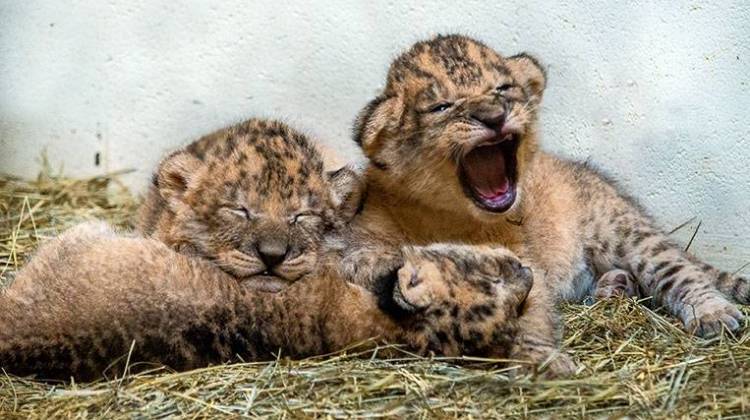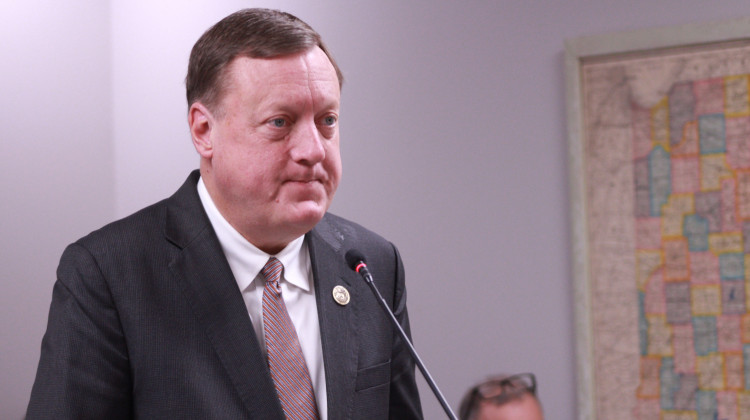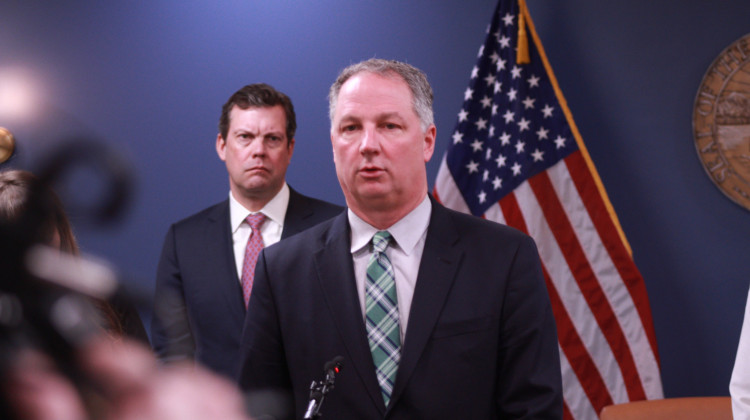Animal rights advocates seek stricter laws to regulate wild animal breeding and rules for displaying those animals to the general public. The U.S. Humane Society in Indiana will support efforts to pass a bill called the Cub Protection Act this state legislative session. That bill would prohibit public contact with lions, tigers and bears. Last year, the organization focused support of a similar bill, which prohibited direct public contact with dangerous animals and the private possession of dangerous, wild animals. The bill was heard in committee last session but did not get a vote.
WFYI’s Taylor Bennett spoke with U.S. Humane Society Indiana State Director Samantha Morton about this year’s lobbying efforts.
Transcript:
WFYI Reporter Taylor Bennett: If you can go over what the Humane Society is going to be looking at for this general assembly in hopes of maybe getting something through there.
U.S. Humane Society Indiana State Director Samantha Morton: So this year, we're planning to work on the cut Protection Act, which would prohibit direct contact with the general public. And lions, tigers and bears specifically, Indiana has a troubling past with cub breeding and display of tiger cubs, lion cubs, things of that nature. And so, because of that we have really narrowed in on this issue and decided to work on that specifically for 2021.
Bennett: What is the state doing as far as that's concerned now?
Morton: Last year, we worked on a bill House Bill 1200 that would prohibit direct contact with the public in dangerous wild animals and then also prohibit private possession of dangerous wild animals. That bill, it was heard in the house Natural Resources Committee, but unfortunately did not get a vote. And really the issue has kind of been here for the last several years. Back several years ago, Dennis Hill had a run- in with the Indiana Department of Natural Resources for keeping dozens of tigers in squalor conditions. And then more recently, Tim Stark has been in the news based on the Attorney General's lawsuit against him. His USDA license being revoked. And thankfully, Tim Starks facility has now closed down but I mean, he had when they came in, he had six lions 16, tigers, seven lion, and Tiger hybrid six cougars, two leopards and three bears. I mean, so just a massive amount of dangerous wild animals that he was allowing the public to come into contact with take photos with that really are is dangerous for people, and just inhumane for the conditions that those animals are living that they were living in this year.
Bennett: You know, it's obviously different because of COVID. And it's a budget session as well. So what are your hopes that something can get done with that, and maybe something else that you're looking at for this session?
Morton: We are being flexible, and we are really grateful to the Indiana General Assembly for implementing recalls. It'll keep everybody safe. It's been a little bit of a challenge with face to face meetings and just you know, figuring out, you know, the new meeting room locations and things like that. This direct contact prohibition bill, the cup Protection Act is what we're calling it will be our number one priority, as we know that the legislators are looking to focus on budget and redistricting but we're also hoping that since this bill is really common sense that it will sail through committee. And it will just be something that, you know, would be an agreement just given the recent circumstances with wildlife and need with the Attorney General, shutting down that facility and essentially getting all those animals into facilities where they can have better lives.
Bennett: Thank you so much.
Morton: Thank you, Taylor, for your time.
 DONATE
DONATE







 Support WFYI. We can't do it without you.
Support WFYI. We can't do it without you.